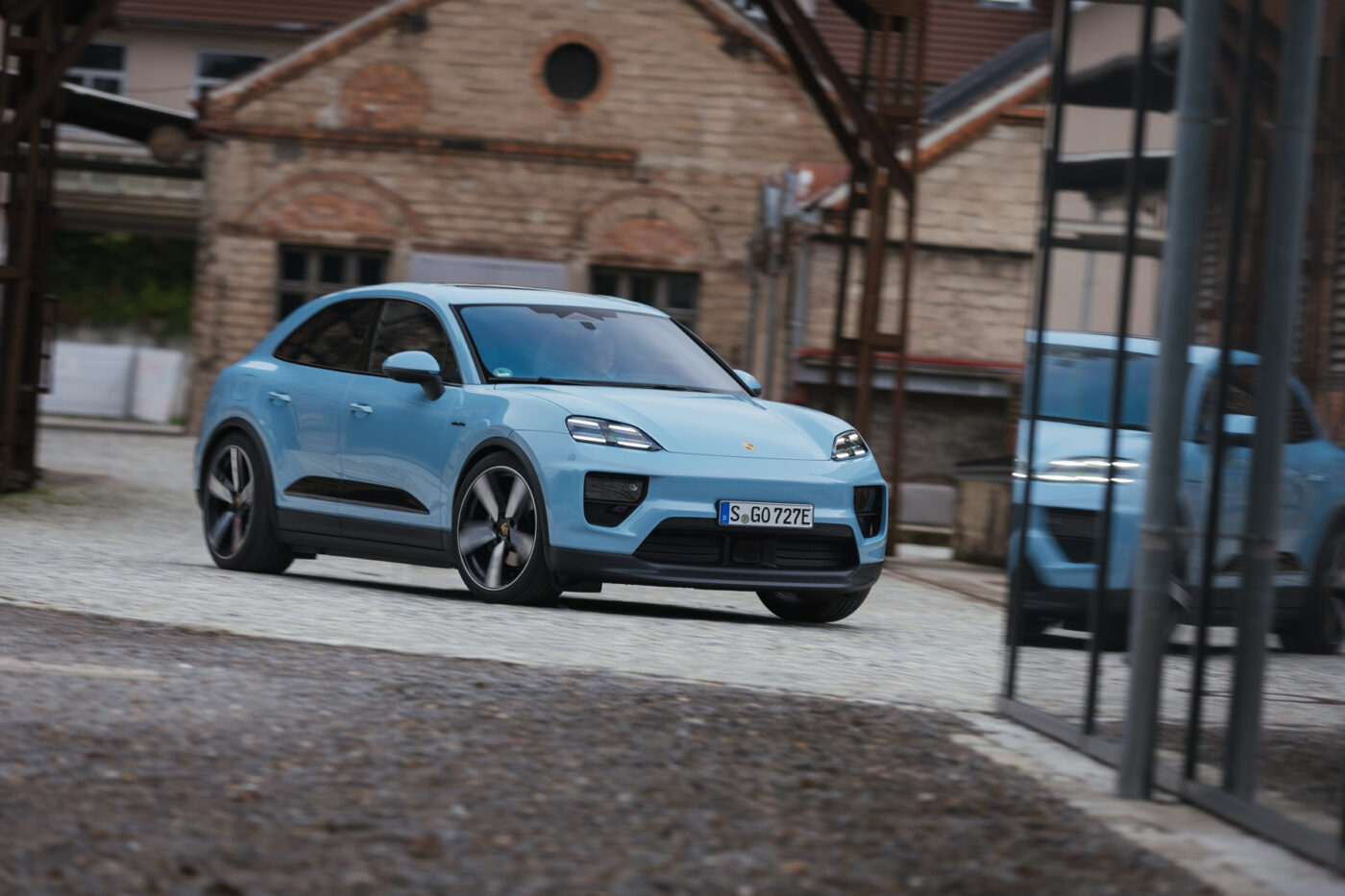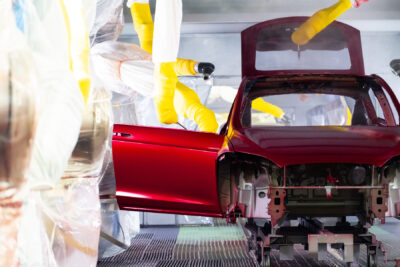Every fourth Porsche is now electric
The electrified vehicles are divided into 25.9 per cent battery-electric cars and 12.6 per cent plug-in hybrids, according to Porsche. The electric Macan, in particular, is slowly gaining momentum at the sports car manufacturer. Porsche sold 14,185 electric Macans and 4,203 Taycans in the first quarter.
That also means Porsche sold 18,388 electric cars in the first quarter. The EV share of 25.9 per cent sounds very good, but in the fourth quarter of 2024, the German carmaker delivered 22,700 electric cars. While the Macan will likely exceed its overall result from 2024 in the second quarter (18,278 vehicles), the Taycan is developing in the opposite direction: after the first quarter, the Taycan only achieved 19.3 per cent of the 2024 result (20,836 units).
Overall, the Macan achieved an increase of 14 per cent to 23,555 units, although the model range also includes some combustion engines – however, only the new electric version based on the PPE is sold in Europe. That also means that 60 per cent of Macan sales are electric. In contrast, Porsche only sold 11,390 units of the combustion-powered 911 sports car. The best-selling Porsche model in Q1 was the large SUV model Cayenne, which is also set to receive an electric variant in the near future.
“The Macan performed very well in the first quarter and, with the all-electric variant, is making a significant contribution to our increased electrification rate. Overall, we have a very balanced powertrain mix that reflects the different preferences of our customers, globally,” said the new Porsche Board Member for Sales, Matthias Becker. Becker also confirmed the new strategy of flexibly building more combustion engines than previously planned.
Across all models and drive types, Porsche sales fell by 8% to 71,470 vehicles in the first quarter. However, Porsche does not provide any further details on the proportion of electric vehicles sold in the sales regions. North America remains the largest market (20,698 vehicles, +37 per cent) ahead of Europe (excluding Germany) with 18,017 sales (-10 per cent) and the ‘Overseas and growth markets’ unit (15,789 vehicles, +6 per cent). In China, however, sales slumped by 42 per cent to 9,471 Porsches, and things are also not going well in Germany, where sales fell by 34 per cent to 7,495 vehicles.
In China, Porsche cites ‘the continuing tense economic situation in the Chinese market and Porsche’s focus on value-oriented sales, which aims to balance demand and supply,’ – in other words, a price war in which the brand does not want to participate. For its domestic market, Porsche cites a disproportionately strong prior-year period and the European cyber security regulations as reasons. The latter meant that the combustion-powered Macan and the 718 sports cars had to be withdrawn from the market.





0 Comments